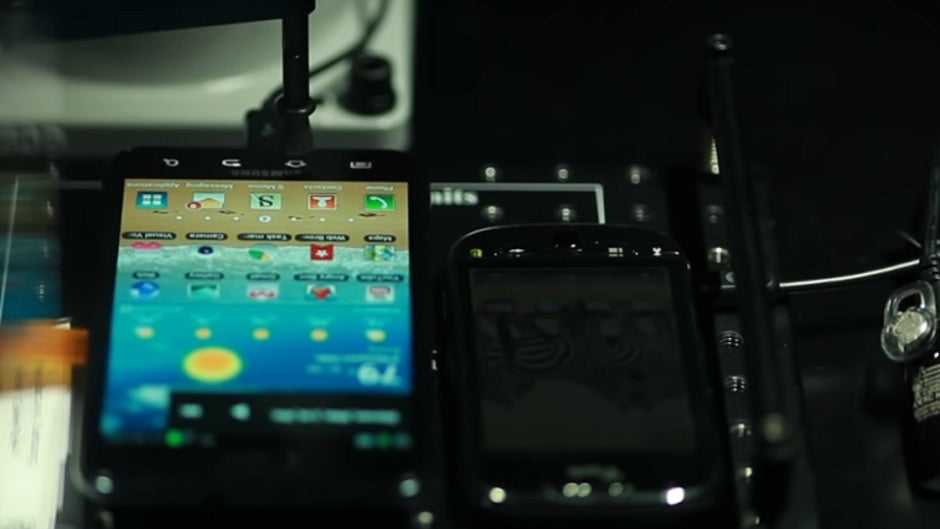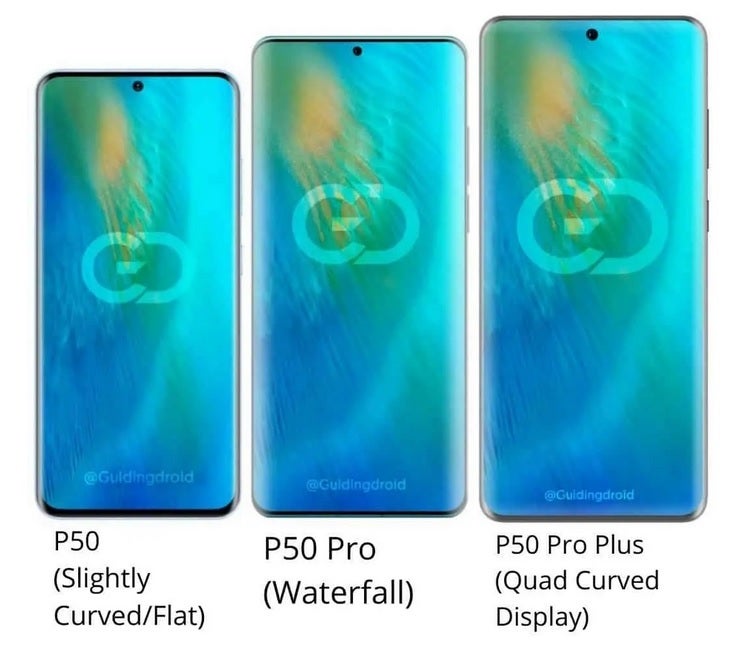New sheriff in town might not instantly reverse U.S. actions against Huawei

With incoming President-Elect Joe Biden taking over on Wednesday, there is talk that he will issue executive orders to quickly undo some of the orders his predecessor signed. Some phone enthusiasts are hoping that these quick reversals will include some of the rule changes placed upon Chinese phone and networking equipment manufacturer Huawei. But Wedbush Securities analyst Dan Ives doesn't believe that Biden will move that fast to reverse the orders made by the Trump administration that has seriously harmed Huawei's phone and network communications businesses.
Biden's arrival not expected to lead to quick reversal of Huawei's "punishments"
According to Seeking Alpha, in a note to clients Ives wrote that "We believe much of the risk to semis (semiconductors) is behind chip suppliers as companies like TSMC and WDC have pulled Huawei out of their forward estimates. We don't necessarily expect a Biden administration to quickly back away from current policy (e.g. restrictions on Huawei/SMIC/etc.). but we also deem it less likely that we will wake up one morning to suddenly find an additional set of policy restrictions aimed at another leading Chinese tech company. We do see some possibility that restrictions are eventually loosened with regards to SMIC, Huawei, etc., a result that could create winners (semicap equipment, substrate, wafers, certain component suppliers) while pressuring players who have benefited from share shift away from China's Champions."

Renders of the upcoming Huawei P50 series
While the Biden administration doesn't want to make it appear that it has been too lenient if it decides to reverse some of the policies currently in place against Huawei, issues like theft of intellectual property could be part of a negotiation between the U.S. and China/Huawei that would allow the latter to get back on its feet again. It also will be a lot easier for the new administration to work out a deal over IP theft instead of security violations. No one has ever been able to find a smoking gun proving that Huawei is collecting intelligence for the Communist Chinese government. On the other hand, the company did lose a civil suit against T-Mobile over Huawei's illegal theft of parts and software belonging to phone testing robot Tappy. Huawei was ordered to pay the carrier $4.8 million.
Last February, the U.S. filed criminal charges against Huawei over the Tappy affair. The Justice Department accused Huawei and its affiliates of a "pattern of racketeering activity" as it allegedly stole trade secrets and said the companies had worked to steal trade secrets from six American firms. The information stolen reportedly included source code, and manuals for wireless technology. According to those in the know, the six companies include the aforementioned T-Mobile, Cisco Systems, Motorola Solutions, Fujitsue, CNEX Labs and Quintel Technology. In a news release, the Justice Department said, "The new charges in this case relate to the alleged decades-long efforts by Huawei, and several of its subsidiaries, both in the U.S. and in the People’s Republic of China, to misappropriate intellectual property, including from six U.S. technology companies, in an effort to grow and operate Huawei’s business."
Earlier this year, Huawei met a long time goal and became the top smartphone manufacturer in the world topping Samsung. But the company felt compelled to sell its Honor sub-brand for $15 billion in cash since the Honor line is not subject to the same ban from U.S. suppliers and global foundries that Huawei is. Because Honor's phone shipments will no longer count toward Huawei's numbers, the manufacturer is expected to decline from its second place showing last year to finish as the seventh largest global smartphone manufacturer this year. Honor, by the way, should finish in the eighth spot. Huawei should remain as the top supplier of networking equipment gear in the world despite pressure put on allies by the U.S. not to use the brand to build out their 5G networks.
Follow us on Google News












Things that are NOT allowed:
To help keep our community safe and free from spam, we apply temporary limits to newly created accounts: